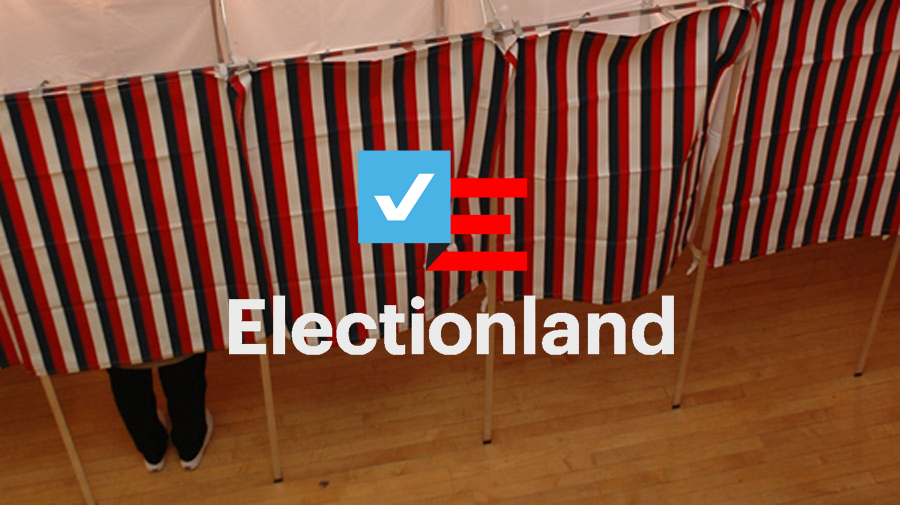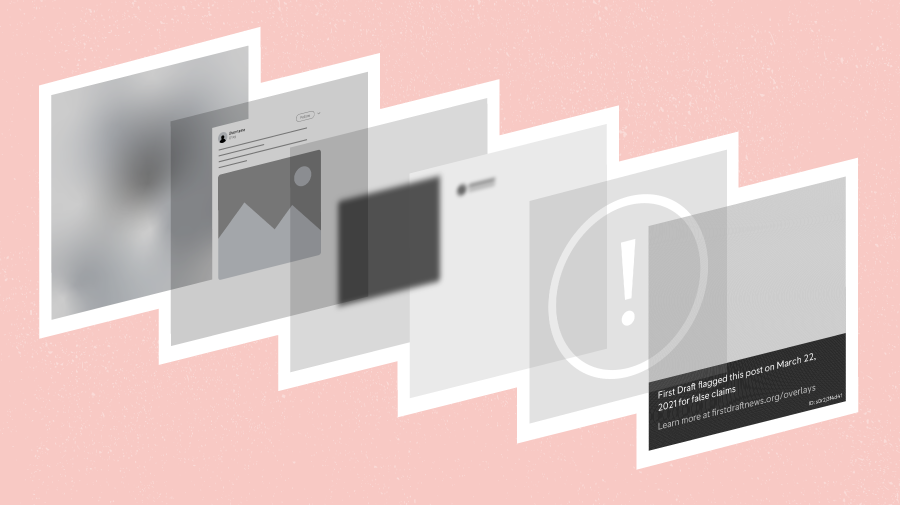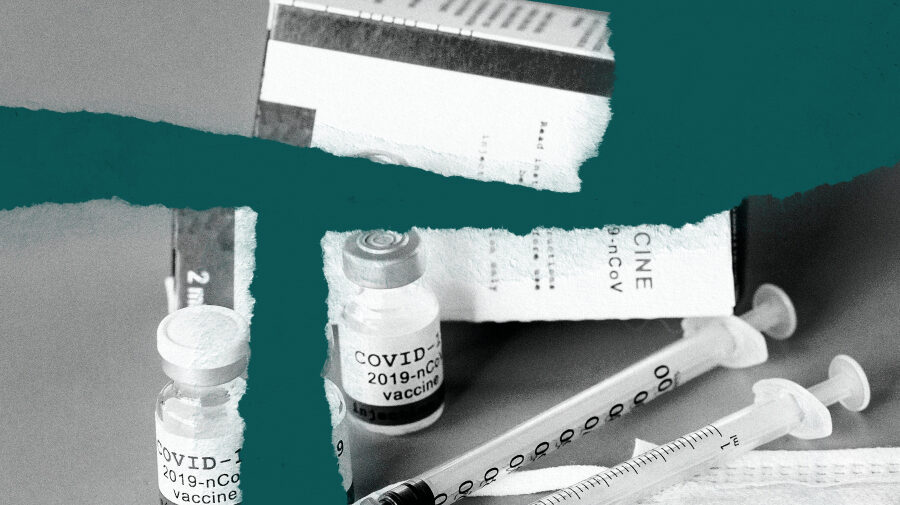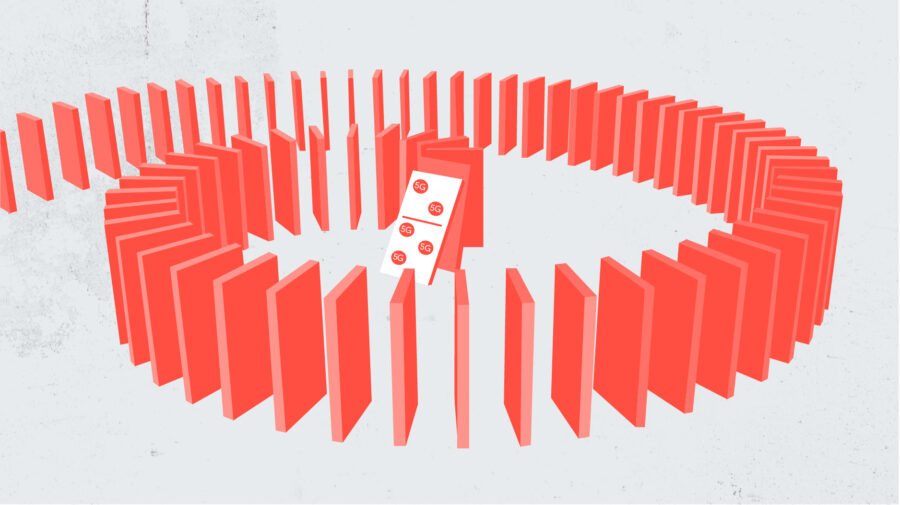With exactly two months to go until the US election, today ProPublica launched Electionland, an initiative created to track and report the voter experience across America in real time.
First Draft joins ProPublica as part of a coalition of media partners working together to identify problems typically experienced in voting, such as long lines, malfunctioning machines, harassing election challengers, and unrequired requests for photo identification, as well as any evidence of in-person voter fraud. Other partners include Google News Lab, WNYC, the CUNY Graduate School of Journalism, Univision News and the USA TODAY Network.
Over the next few months First Draft will be training a number of students based at 13 journalism schools across the US on social newsgathering and verification techniques. On election day, this network of student newsrooms will help monitor and flag reports that emerge on social media using Check, a collaborative verification platform built by First Draft partner Meedan.
Check will allow the students to share verified tips and information with a central newsroom of editors based at CUNY Graduate School of Journalism in New York, who will then contact professional reporters across the country to follow up on the ground.
Problems with some voters not being able to cast their vote has been a major issue in previous elections, according to Scott Klein, deputy managing editor at ProPublica, and this is one topic he hopes the Electionland project will be able to pick up on early.
“The [issue] we tend to see from a national view are long wait times,” Klein told First Draft. “We know there were abnormally long wait times in Maricopa county this primary because the county had not opened enough polling places.”
Long wait times were a feature of the 2012 election, with “a disproportionate amount of long wait times” in areas with large African American or Hispanic communities, he said, but too often these stories were only reported on or after election day. With Electionland, he hopes to change that.
As well as these social signals, ProPublica reporters will be receiving data from Election Protection, a project from the Lawyers’ Committee for Civil Rights Under Law which gives voters the chance to report any voting problems. These tips will also be distributed to newsrooms where appropriate, or form part of ProPublica’s national reporting effort.
Local newsrooms from across the media spectrum have signed up to be involved in Electionland. But the project is also about training the next generation of journalists in the skills to find these stories early, said Claire Wardle, research director at the Tow Center for Digital Journalism at Columbia University and a founding member of First Draft.
“I teach a lot of students, but I have to teach using past case studies,” Wardle said. “The struggle is often how do we give students real life experiences?”
Facebook is granting participating students access to their Signal platform to assist with the early detection of stories. The students, from the University of Alabama, Arizona State University, Columbia University, CUNY, University of Florida, University of Georgia, Louisiana State University, University of Memphis, University of Missouri, University of North Carolina at Chapel Hill, Ohio University, University of Oregon, and Texas State University, will be allocated specific states to monitor.
Electionland will also provide an opportunity to demonstrate how newsrooms can use sophisticated social newsgathering techniques to cover large planned events in future.
“Knowing how to search and monitor social media is absolutely essential for detecting stories as they emerge in real-time,” said First Draft managing director, Jenni Sargent.
“Electionland is an important project that will ensure potentially under-reported issues are flagged early to local newsrooms, and will hopefully raise awareness around how social media can be used to find stories that urgently need to be told.”
Electionland is supported by Google News Lab and Craig Newmark, founder of craigslist and craigconnects, who also supports Santa Clara University’s Trust Project on ethics in journalism.
“The real issue we’re trying to fix is there is a decent amount of coverage of voting problems,” said Klein, “but not until after the election. And often you’ll see these stories come out sometimes a week or two after the election, way too late.
“So what we’re hoping to do is enable reporters to get stories online much, much faster. To be able to call local election officials and get things moving so impact can happen on election day. Not when it’s too late, when the votes have been cast and counted.”
To help journalists stay up to date, Electionland will send participants real-time alerts about potential voting trouble spots within their coverage area. To learn more about Electionland and to sign-up your newsroom, visit propublicnoa.org/electionland.






